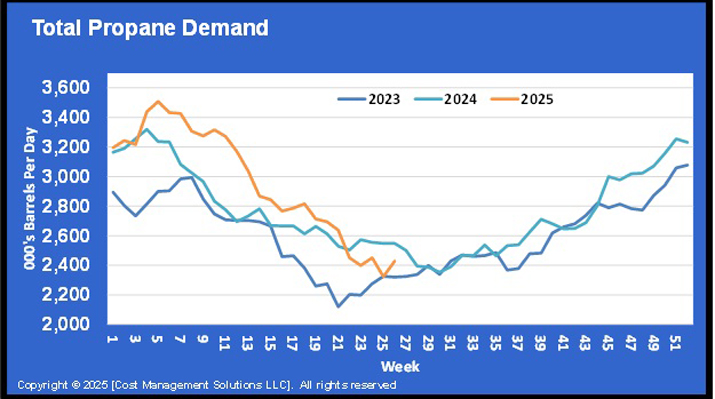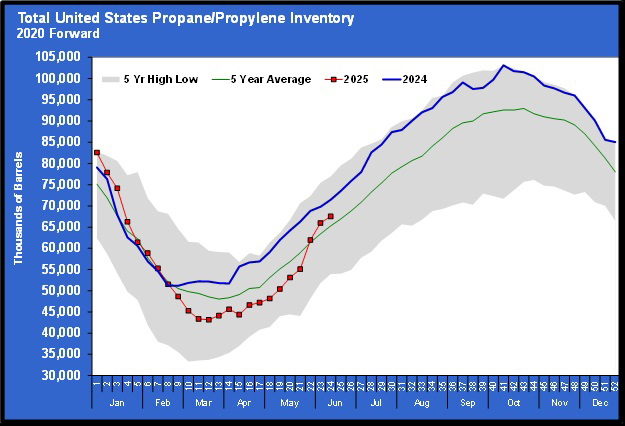Court decides enough is enough
Too much gamesmanship can work to scuttle a case for good.
Take, for example, the case of Elliott v. AmeriGas Propane LP, which involved a fatal explosion from April 2008.
More than 10 years later, in the fall of 2018, the Mississippi Supreme Court affirmed a lower court grant of summary judgment, ultimately dismissing natural gas defendants and AmeriGas from the lawsuit. The dismissals were due in large part to a consistent record of admissions by the plaintiff that the explosion was caused by natural gas and not propane.
On April 3, 2008, a fire and explosion occurred at the Elliott home in Holly Springs, Mississippi. One man died and two children were severely injured. The day following the explosion, an investigation revealed a break in the underground natural gas line about 60 to 70 ft. from the Elliott home. The plaintiffs’ theory was the leaking gas migrated underground to the Elliott home and the odorant was leached out in the ground. The Elliotts did not smell any gas leading up to the explosion.
In October 2008, the plaintiffs brought suit against the local natural gas utility. They then amended their complaint six times, each time adding more defendants from the natural gas and odorant chain of distribution.
The natural gas defendants claimed that the explosion was from the propane tank that served the Elliott home, not natural gas. The plaintiffs added AmeriGas as a defendant in their third amendment to the complaint.
The defendants then sought to remove the case to federal court, where they thought it was more likely a request for dismissal would be granted. Only “new” cases can be removed or filed in federal court. The defendants argued that the completely new theory of a propane explosion met the “new case” requirement to be in federal court.
Plaintiffs responded in written filings and in oral argument that they were of the opinion this was a natural gas explosion. But AmeriGas was named to avoid the “empty-chair” defense of the natural gas defendants. This is a common strategy in states that allow a party to blame a defendant that is not being sued. Any fault attributed to the empty chair is an amount the defendants in the case don’t have to pay. And the added benefit is that no one will attempt to defend that empty chair since it has no lawyer.
The plaintiffs made clear throughout 10 years of litigation that they believed this was a natural gas explosion and not a propane explosion. The federal judge denied the motion to remove the case, citing plaintiffs’ admissions that they did not believe it was a propane accident and the pleading was filed to avoid the empty chair.
The various natural gas defendants were ultimately successful at being dismissed from the case via summary judgment. Plaintiffs appealed this decision but were unsuccessful.
Prior to the natural gas defendants being dismissed, AmeriGas had sought dismissal using the plaintiffs’ own admissions that this was a natural gas explosion.
The trial court denied the first attempt, preferring instead to let the jury render its decision.
Once all natural gas defendants were dismissed, AmeriGas renewed its motion for summary judgment. This time the trial court granted the motion.
This decision was then affirmed at the appellate and Supreme Court of Mississippi.
In its decision, the Supreme Court noted that Mississippi allows a party to plead inconsistent legal claims. But here, plaintiffs had admitted they always believed the explosion was natural gas. Trying to change course once all natural gas defendants are dismissed and proceed against the propane company would be improper under this set of facts.
The lesson here is that parties will go to great lengths to stretch the facts in ways beyond what most consider reasonable. These tactics occur more frequently than one would like in modern litigation. This case is a prime example of how building a record of judicial admissions can be used to defeat these tactics.
John V. McCoy is with McCoy, Leavitt, Laskey LLC. His firm represents industry members nationally. He can be reached at jmccoy@MLLlaw.com or at 262-522-7007.
*Featured image: iStock.com/Sezeryadigar
















